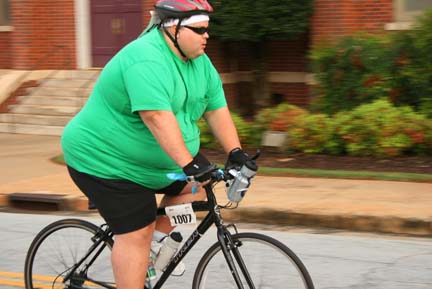Depression is A Disease of Civilization: Hunter-Gatherers Hold the Key to the Cure

This is an excellent article by Sara Burrows . It describes exactly what our Break Away, Live Small website is all about and why, if left unchecked, depression can destroy your life. It also provides ideas for a cure through exercise, social connections and self-sustaining communal living. “We were never designed for the sedentary, indoor, socially isolated, fast-food-laden, sleep-deprived frenzied pace of modern life.” I hope you read the entire article and follow the links to similar articles. Then read it again. By: Sara Burrows Depression is a global epidemic. It is the main driver behind suicide, which now claims more than a million lives per year worldwide. One in four Americans will suffer from clinical depression within their lifetimes, and the rate is increasing with every generation. It robs people of sleep, energy, focus, memory, sex drive and their basic ability to experience the pleasures of life, says author of The Depres...






